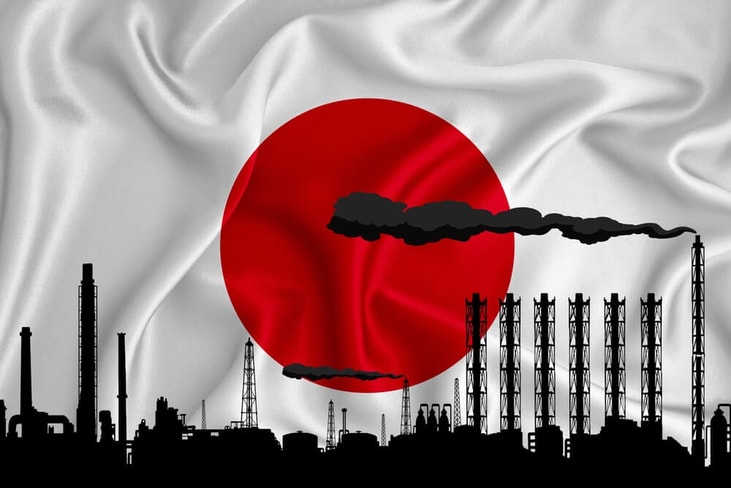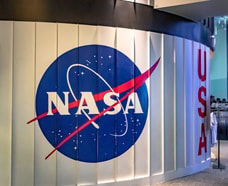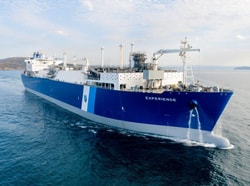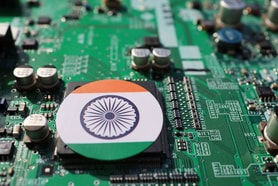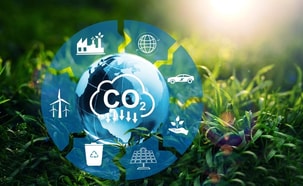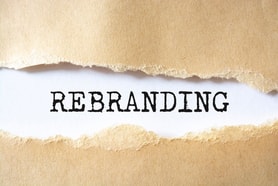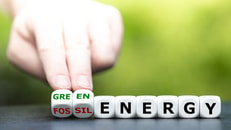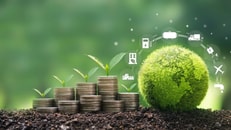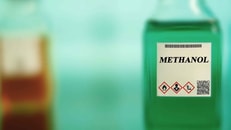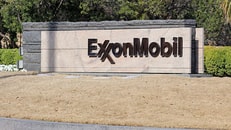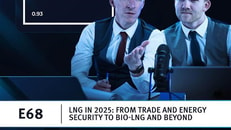Japan’s Eneos targets low-carbon fuels including hydrogen
Japan’s Eneos Holdings is to focus on liquefied natural gas (LNG), hydrogen and sustainable aviation fuel (SAF) under a new three-pronged strategy.
Its business portfolio now divides into base and materials businesses, low-carbon, and decarbonisation.
LNG will see an “active injection of resources” in the coming years, hydrogen and carbon capture and storage (CCS) will be prioritised for industry and power generation and a major SAF project will see an in-house manufacturing system at the Wakayama plant operating from 2028.
The holding company is “considering hydrogen production, transportation, and supply to industrial transport operators in Japan for the establishment of a hydrogen supply chain.”
... to continue reading you must be subscribed

